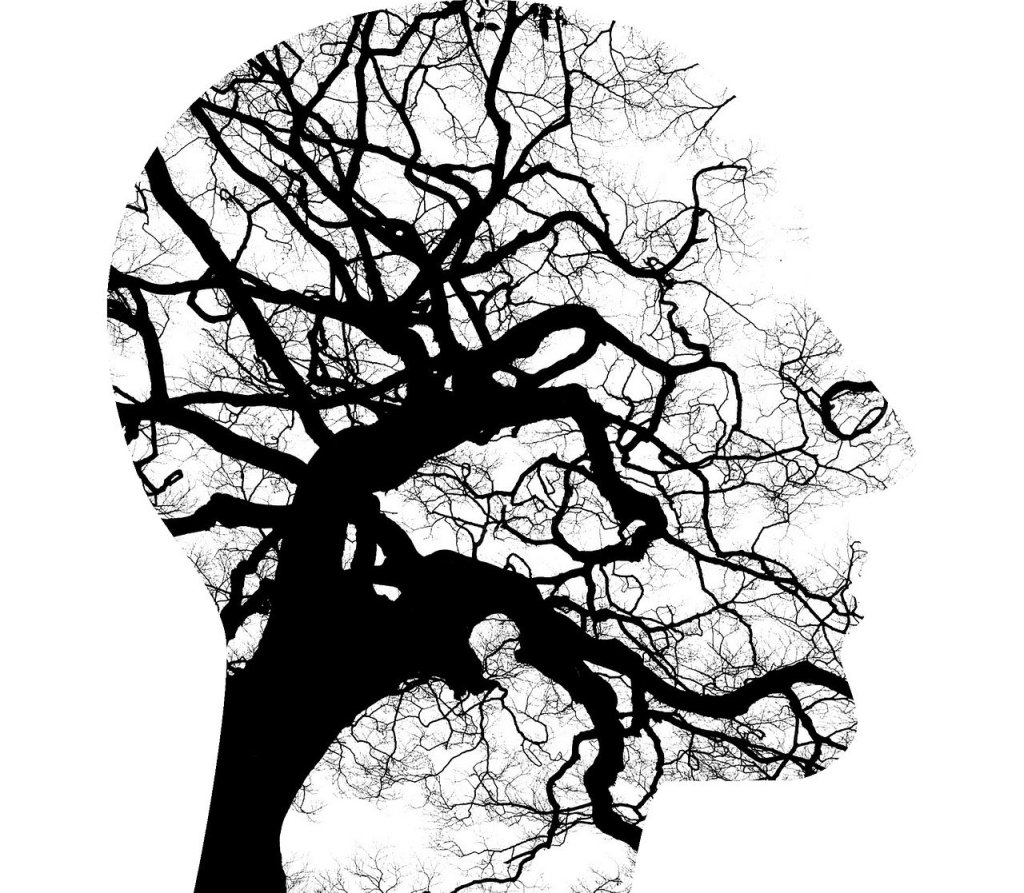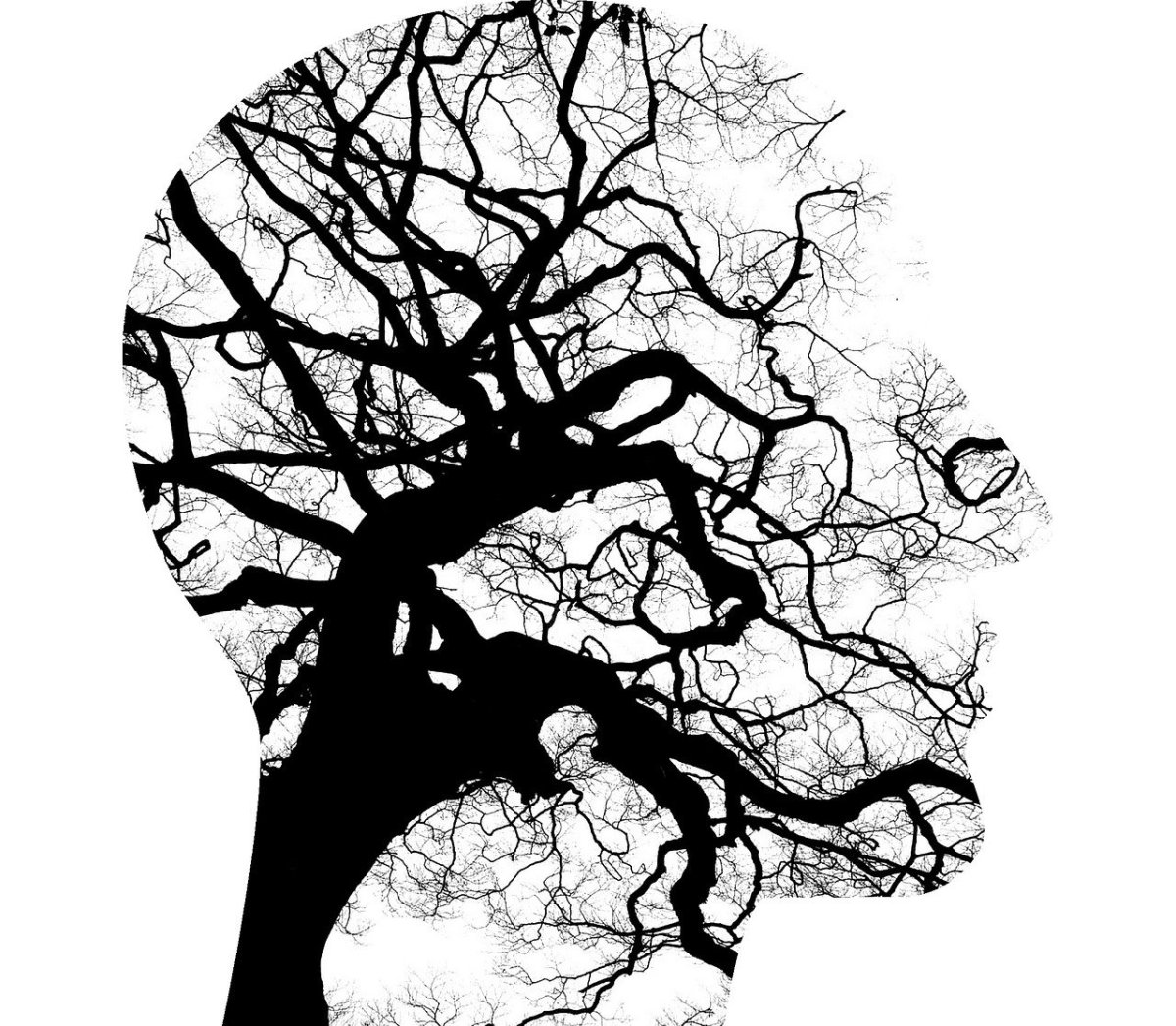
Mental and behavioral health play a significant role in our overall well-being, yet they are often overlooked or stigmatized. In this article, we will explore tips and exercises to promote mental and behavioral health, drawing inspiration from the book “Dare” by Barry McDonagh. Additionally, we will delve into studies that highlight the benefits of exercise as an alternative to medication in managing mental health conditions.
Mental and behavioral health encompass a wide range of conditions, including anxiety disorders, depression, obsessive-compulsive disorder (OCD), and more. These conditions can have a profound impact on an individual’s quality of life, affecting their thoughts, emotions, and behaviors.
“Dare” is a renowned book that offers practical strategies to overcome anxiety and panic attacks. Written by Barry McDonagh, it provides valuable insights and exercises to help individuals face their fears and regain control over their lives. While this article cannot cover the entire content of the book, we will highlight some key tips and exercises that can be incorporated into a mental health routine.
- Acceptance and Defusion Techniques:
One of the core concepts of “Dare” is accepting anxiety rather than fighting against it. This approach involves acknowledging anxious thoughts and sensations without trying to suppress or avoid them. Through defusion techniques, individuals can distance themselves from anxiety-provoking thoughts, reducing their impact on daily life. - Breathing and Relaxation Exercises:
Deep breathing exercises and progressive muscle relaxation techniques can help calm the mind and body. These exercises promote relaxation, reduce stress, and alleviate symptoms of anxiety and depression. Taking a few moments each day to focus on deep breathing can make a significant difference in mental well-being. - Exposure and Response Prevention:
Exposure therapy, a technique often discussed in “Dare,” involves gradually facing anxiety-provoking situations or triggers in a controlled manner. By gradually exposing themselves to feared situations, individuals can learn that their anxiety diminishes over time. Combined with response prevention, which involves refraining from engaging in avoidance or safety behaviors, this technique can help break the cycle of anxiety.
The Power of Exercise in Mental Health
Exercise has proven to be a valuable tool in managing mental health conditions. Numerous studies have demonstrated that regular physical activity can alleviate symptoms of anxiety, depression, and stress. Engaging in exercise triggers the release of endorphins, which are natural mood elevators. Additionally, exercise promotes better sleep, increases self-esteem, and reduces feelings of loneliness.
Exercise as an Alternative to Medication:
Research has indicated that exercise can be as effective as medication in treating mild to moderate depression and anxiety disorders. Studies have shown that engaging in aerobic exercises, such as jogging, swimming, or cycling, for at least 30 minutes per day can significantly reduce symptoms. Exercise acts as a natural antidepressant by boosting neurotransmitters such as serotonin and norepinephrine.
Benefits of Mind-Body Exercises:
Mind-body exercises, such as yoga and tai chi, combine physical movement with mental focus and relaxation techniques. These practices have been found to reduce symptoms of anxiety, depression, and post-traumatic stress disorder (PTSD). Mindfulness-based exercises, such as meditation, also offer benefits by promoting a calm and focused state of mind.
Prioritizing mental and behavioral health is crucial for overall well-being. Incorporating these tips from “Dare” by Barry McDonagh can empower individuals to confront their anxieties and regain control. Furthermore, recognizing the power of exercise in managing mental health conditions offers an alternative to medication, providing individuals with a natural and holistic approach to healing.
Reference:
These studies provide evidence that exercise can be beneficial in reducing symptoms of depression and anxiety. However, it’s important to note that consulting with a healthcare professional is crucial when considering exercise as an alternative or complementary treatment for mental health conditions.
- Dare website: https://www.dareresponse.com/
- Dare book: https://www.goodreads.com/en/book/show/26452130
- Carek, P. J., Laibstain, S. E., & Carek, S. M. (2011). Exercise for the treatment of depression and anxiety. International Journal of Psychiatry in Medicine, 41(1), 15-28.
- Stubbs, B., Rosenbaum, S., Vancampfort, D., Ward, P. B., Schuch, F. B., & Exercise Collaborators. (2016). Challenges establishing the efficacy of exercise as an antidepressant treatment: a systematic review and meta-analysis of control group responses in exercise randomised controlled trials. Sports Medicine, 46(5), 699-713.
- Josefsson, T., Lindwall, M., & Archer, T. (2014). Physical exercise intervention in depressive disorders: Meta-analysis and systematic review. Scandinavian Journal of Medicine & Science in Sports, 24(2), 259-272.
- Mammen, G., & Faulkner, G. (2013). Physical activity and the prevention of depression: a systematic review of prospective studies. American Journal of Preventive Medicine, 45(5), 649-657.
- Schuch, F. B., Vancampfort, D., Richards, J., Rosenbaum, S., Ward, P. B., & Stubbs, B. (2016). Exercise as a treatment for depression: A meta-analysis adjusting for publication bias. Journal of Psychiatric Research, 77, 42-51.

